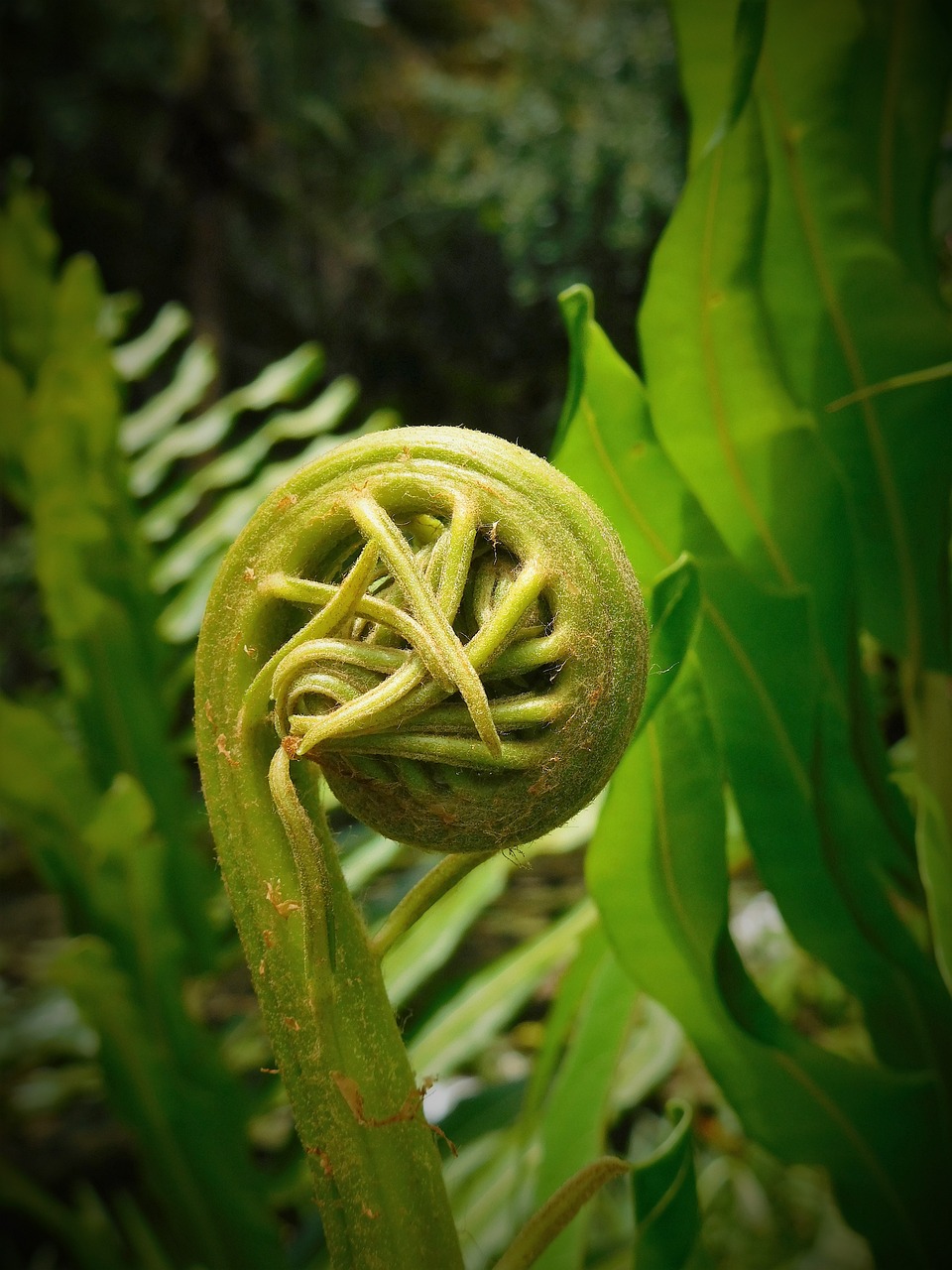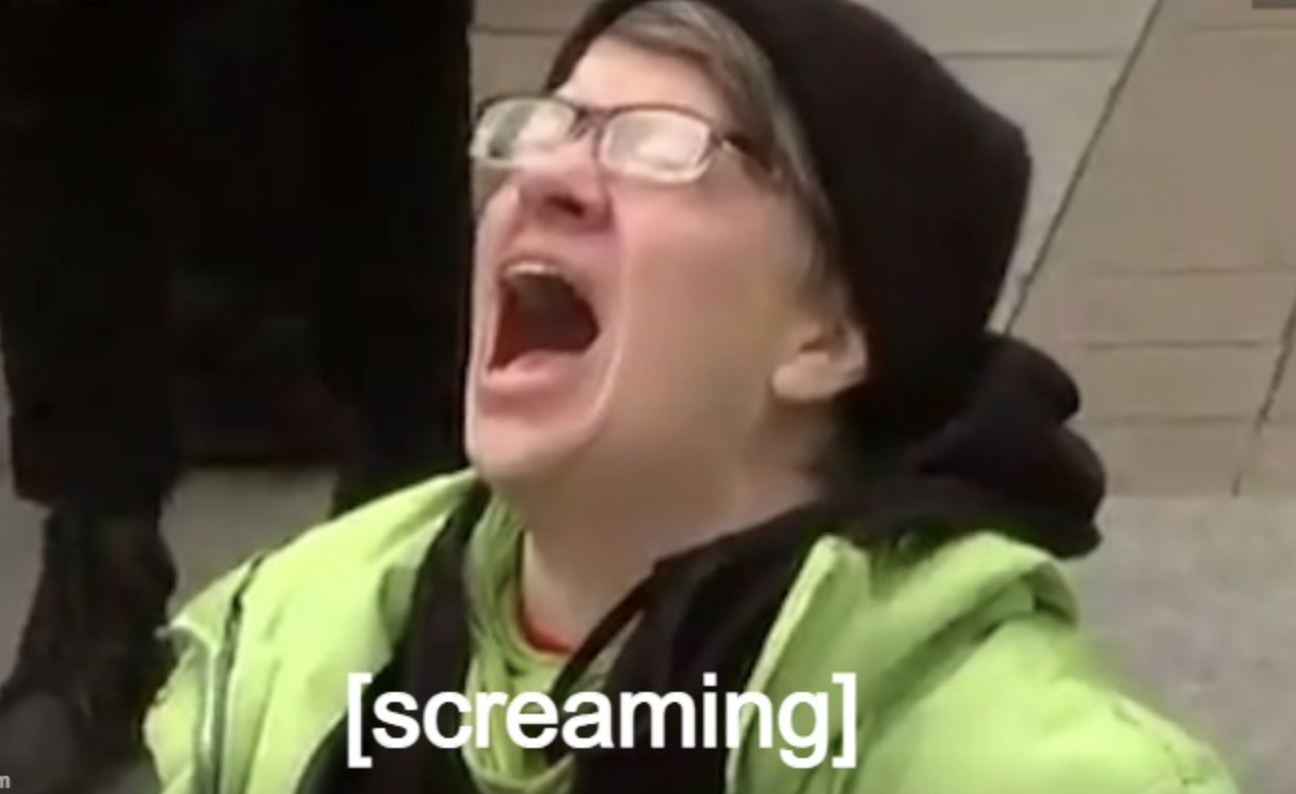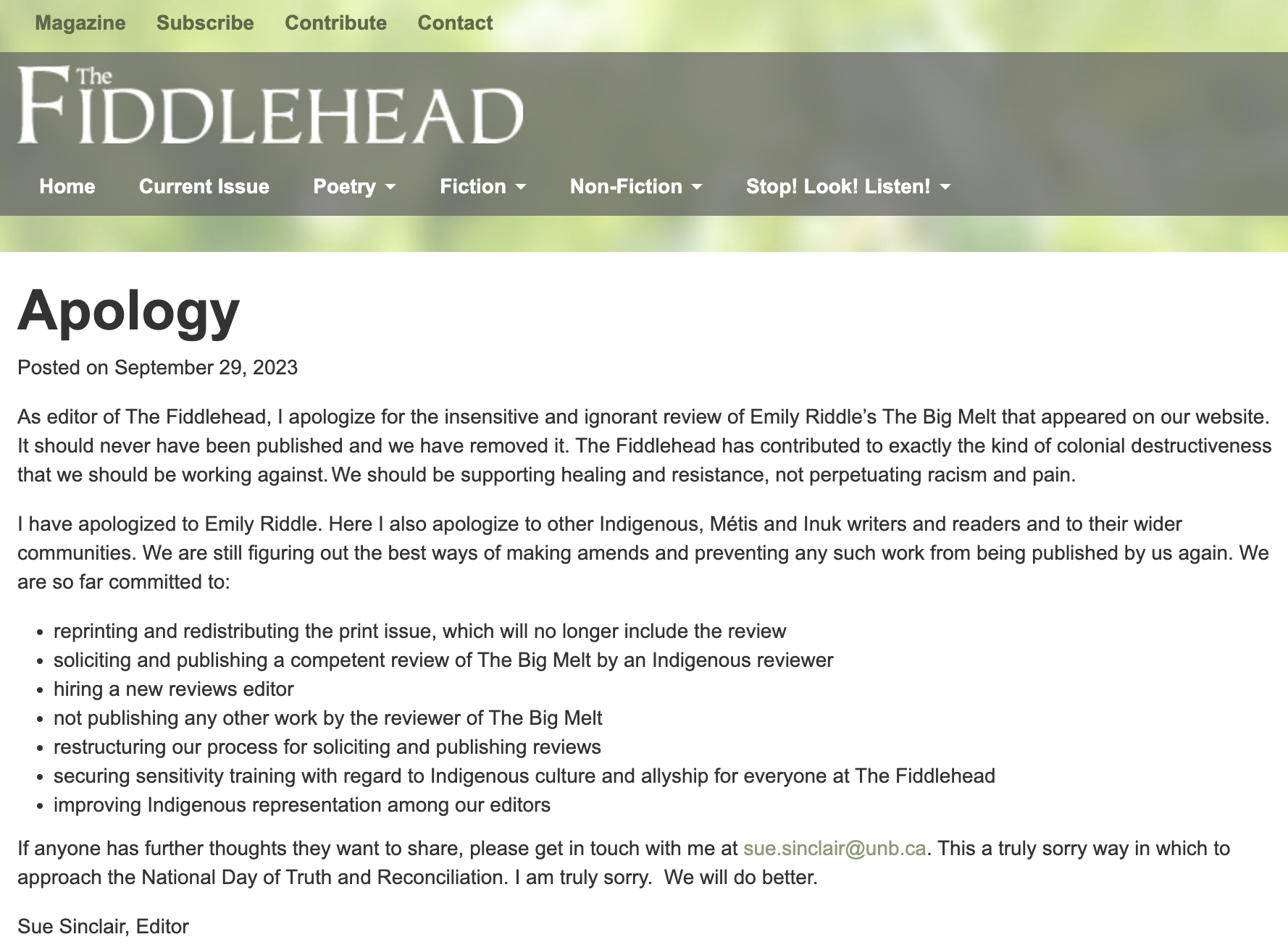 I am shocked to be published in 2023. Between 1992 and 2012, I published somewhere between two and four works in literary journals every year with one or two exceptions. After that, a dry spell that wouldn’t end until 2016. Then nothing until now, with my story, “Mach 22,” published in The Malahat Review. If my identity and work were becoming “problematic” in 2010, by 2020 it felt like I was blacklisted.
I am shocked to be published in 2023. Between 1992 and 2012, I published somewhere between two and four works in literary journals every year with one or two exceptions. After that, a dry spell that wouldn’t end until 2016. Then nothing until now, with my story, “Mach 22,” published in The Malahat Review. If my identity and work were becoming “problematic” in 2010, by 2020 it felt like I was blacklisted.
Why does it matter? If you’re not able to publish in journals, you’ll never be eligible to win a National Magazine Award, and you’ll never be in the Journey Prize Anthology (even if your skin colour or some other identity marker does not already disqualify you in any given year). Without the journal publications that often lead to book publications, you’re less likely to get grants, and your payments will be smaller under the Public Lending Right and Access Copyright programs. These are considerable hits, and that’s before we even consider the erosion of confidence, lack of connection with peers, and ultimately the slow tumble into complete obscurity.
There are still a few editors who might claim that literary excellence is their only criterion, but it seems that so much more is now under consideration when selecting work for a new issue. Many writers I’ve talked to tell similar stories of opening up the latest edition of their formerly favourite journals only to find a preachy, message-riddled, unreadable pile of woke. It doesn’t mean the end for the average journal, but it might mean a shift in readership from lovers of words to fans of social justice activism. I know it’s not necessarily an either/or situation, but for some journals, language is no longer the most important thing. Are you hearing similar things from fellow writers and colleagues?
A few years ago, I decided that if I didn’t publish again by my 55th birthday, I would stop submitting. I’ve long accepted that acceptance rates are in the 1 to 3% range, but if it’s 0% for me, there’s no point. So The Malahat Review is responsible for my continuing submissions. I’m not at all sure editorial boards across the country will be celebrating that! It’s possible they don’t have much to worry about. The lifelong fight for recognition is not paying dividends as it once did. Stay tuned.




Congratulations on having The Wall published in the prestigious Malahat Review! It’s always interesting (in my case amazing) to find another writer who shares some of the same perspective on the other views addressed in this blog, though I’ve never considered writing fiction as paying dividends, at least not monetarily. As for the other three points: erosion of confidence, lack of connection with peers, and ultimately the slow tumble into complete obscurity – never had a problem with confidence – comes from knowing the limits of my creativity and having no expectations;, I’m connecting with a peer; and, I began in obscurity so no where to tumble to.
Hey Rod! The story I published in The Malahat is called “Mach 22.” “The Wall” refers to the thing I keep bashing my head against in my attempts to get published.